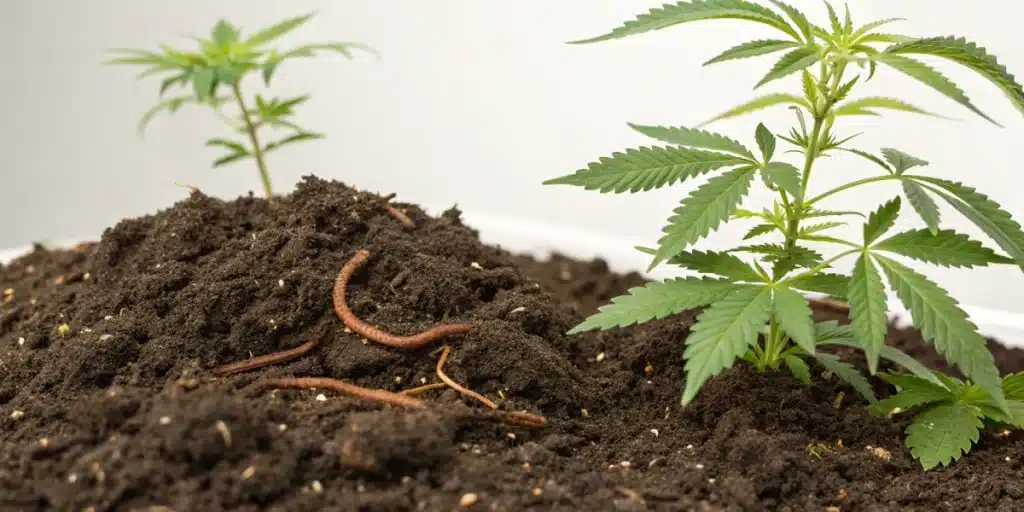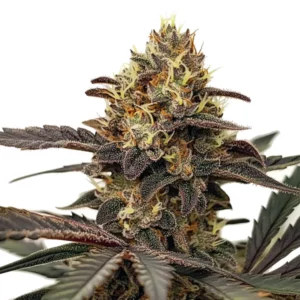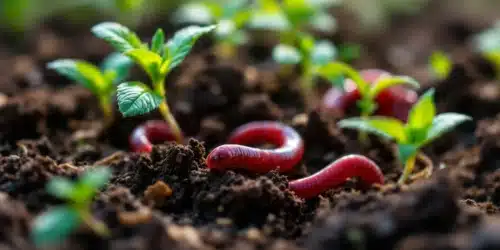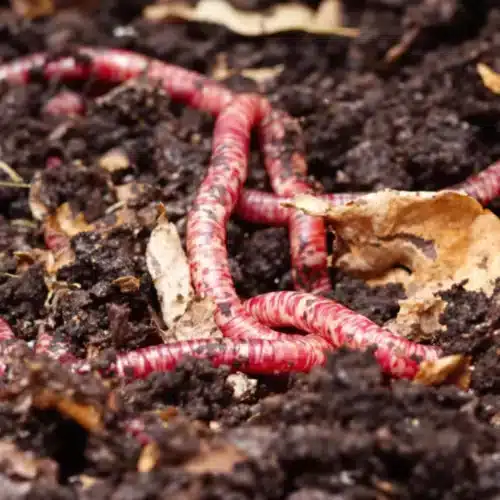When it comes to enhancing the health and vitality of your cannabis plants, few amendments can rival the benefits of worm castings. These nutrient-rich organic fertilizers, produced by earthworms, provide an array of advantages that can elevate your cannabis cultivation to new heights. Not only do they enrich the soil, but they also contribute to a thriving ecosystem that supports plant growth. Let’s delve into what makes worm castings a favorite among cannabis growers.
What Are Worm Castings?
Worm castings are essentially the excrement of earthworms, and they are packed with essential nutrients and beneficial microbes. As worms consume organic matter, they digest and process it, resulting in a fine, dark, crumbly substance that is highly beneficial for soil health. This natural fertilizer is rich in nitrogen, phosphorus, potassium, and a variety of micronutrients. It’s often referred to as “black gold” in the gardening community, and for good reason.
In addition to nutrients, worm castings contain beneficial microorganisms that help break down organic matter in the soil, enhancing nutrient availability for plants. This means that not only do you get an immediate boost in nutrients, but you also promote long-term soil health and fertility. For cannabis growers, this can lead to robust plants that produce bountiful yields.
Benefits for Cannabis Cultivation
Utilizing worm castings in cannabis cultivation offers a host of benefits. For starters, they improve soil structure and aeration, which is critical for healthy root development. Healthy roots mean healthier plants, and healthier plants are more resilient against pests and diseases. Furthermore, worm castings help retain moisture in the soil, reducing the need for frequent watering, a significant advantage during hot summer months.
Moreover, the slow-release nature of the nutrients found in worm castings ensures that cannabis plants receive a steady supply of food over time. This is particularly beneficial during the flowering stage, where plants require higher nutrient levels to support bud development. The result? More potent and flavorful cannabis that can elevate your smoking experience.

Application Techniques
How to Mix with Soil
Applying worm castings to your cannabis plants can be straightforward, but there are some best practices to ensure you maximize their benefits. A common method is to mix worm castings directly into your potting soil. It’s recommended to use about 15-20% worm castings in your soil mix. This proportion allows for a well-balanced nutrient profile while maintaining good drainage and aeration.
To mix, simply combine the worm castings with your base soil before planting. If you’re growing in larger outdoor setups, you can till the castings into the top layer of the soil. This technique not only enhances the nutrient content but also helps to improve the microbial activity in the soil.
Frequency of Application
The frequency with which you apply worm castings can depend on various factors, including plant size, growth stage, and the quality of your base soil. Generally, it’s advisable to reapply worm castings every 4-6 weeks during the growth phase and every 2-4 weeks during flowering. This ensures that your cannabis plants have access to a consistent supply of nutrients throughout their lifecycle.
Keep in mind, over-application can lead to nutrient lockout, so it’s essential to monitor your plants and adjust accordingly. Observing signs of nutrient deficiency or excess, such as yellowing leaves or burnt leaf tips, can help you determine the right application frequency for your specific setup.
Promos & Deals
Nutrient Composition
Essential Nutrients Provided
Worm castings are a powerhouse of nutrients that cannabis plants crave. They contain a balanced profile of essential nutrients, including nitrogen, phosphorus, and potassium, which are crucial for growth, flowering, and overall health. In addition to these primary macronutrients, worm castings also provide a range of micronutrients such as calcium, magnesium, and iron.
The slow-release nature of these nutrients means that they are available to plants over an extended period, minimizing the risk of nutrient runoff and leaching. This not only benefits your plants but also contributes to a more sustainable growing practice. Healthy soils lead to healthier plants, and healthier plants yield more potent cannabis.
Enhancing Soil Microbiology
One of the standout features of worm castings is their ability to enhance soil microbiology. The beneficial microorganisms present in worm castings work symbiotically with cannabis roots, promoting nutrient absorption and improving overall plant health. These microbes play a vital role in breaking down organic matter, making nutrients more readily available to your plants.
Additionally, a diverse microbial population in the soil can help suppress harmful pathogens and pests, creating a more balanced ecosystem. This is essential for organic growers who wish to avoid synthetic pesticides and fertilizers. By incorporating worm castings into your growing regimen, you’re not just feeding your plants; you’re also nurturing the entire soil community.
Comparing with Other Amendments
Worm Castings vs. Compost
While both worm castings and compost are excellent organic fertilizers, they differ significantly in their nutrient profiles and overall effectiveness. Compost is made from decomposed organic matter and typically takes longer to break down in the soil. On the other hand, worm castings are processed through the digestive system of worms, resulting in a more concentrated and readily available nutrient source.
Moreover, worm castings have a higher microbial content than traditional compost, which can lead to quicker and more efficient nutrient absorption by cannabis plants. While compost is beneficial, worm castings offer a more potent option for growers looking to maximize their yields and plant health.
Cost and Availability Considerations
When it comes to sourcing worm castings, growers have several options. Many nurseries and gardening supply stores carry them, but they can also be produced at home using vermicomposting systems. While the initial investment in a vermicomposting setup may seem high, the long-term benefits and savings can be substantial.
Cost-wise, worm castings tend to be more expensive than bulk compost, but the nutrient density and microbial benefits often justify the price for serious cannabis growers. Ultimately, the choice between worm castings and other soil amendments will depend on your specific growing goals, budget, and preferred growing methods.

FAQs about worm castings cannabis
How much worm castings should I add per plant?
For optimal results, it is recommended to mix about 15-20% worm castings into your potting soil for each cannabis plant. This proportion provides a balanced nutrient profile while ensuring good drainage and aeration.
Are worm castings suitable for all cannabis strains?
Yes, worm castings are universally beneficial for all cannabis strains. Their nutrient-rich composition and ability to enhance soil microbiology make them a versatile choice for any type of cannabis cultivation.
How often should I reapply worm castings?
The general recommendation is to reapply worm castings every 4-6 weeks during the growth phase and every 2-4 weeks during flowering to ensure your plants have access to a consistent nutrient supply.
















